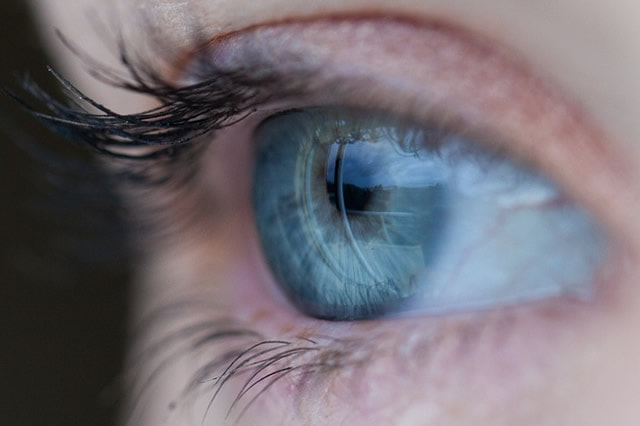What Is Corneal Transplantation? Imagine losing your vision and how that would impact your world. If your sight could be restored through a cornea donation, it would change your life. In some cases, corneal transplantation can restore sight. A corneal transplant involves surgically removing the cornea from a donor and transplanting it or some of the tissue into the recipient’s eye to replace their cornea. It can be an effective treatment for conditions that have damaged the cornea, such as trauma or infection. According to the American Academy of Ophthalmology, about 47,000 corneal transplants are performed in the U.S. each year. The success rate of the surgery is also high. According to Donate Life American, about 95 percent of the surgeries successfully restore the recipient’s vision. What Is Involved in Corneal Donation? If you register to become a cornea donor, after you die, your corneas will be removed and preserved for donation. Most corneal transplants take place within a week of donation. One cornea donor can restore vision in two people. Some people may be hesitant to donate their corneas or other organs, because they fear it would affect their medical care in the event of a life-threatening situation. That isn’t the case though. It’s critical to understand that donating your corneas, or any other organ, does not interfere with your medical care. Medical care is not compromised in any way when treating a potential organ donor. Strict legal guidelines are in place and must be followed to certify death. This does not change when someone is an organ donor. Donating your corneas does not delay funeral services. Also, most religions are not opposed to organ donation. If this is a concern, check with your pastor, minister, rabbi, or other religious leader to discuss donation. Becoming a Donor The great thing about corneal donation is that most people can become a donor. The donor’s eyesight, age, and blood type do not affect their ability to donate. Unlike other transplants, the donor’s and recipient’s blood type does not have to match. A few diseases may exclude a donation, such as HIV and other infectious diseases, but otherwise, most people can become donors.
Along with the cornea, tissue from the lens and other parts of the eye can be used for research. Although these parts are not transplanted, valuable research is done, which will hopefully lead doctors to cures for various eye diseases. To become a cornea donor, you can register through your state’s donor registry or at your local department of motor vehicles office. You can also visit the Donate Life American website to register. It’s also helpful to let your family or next of kin know you wish to donate your corneas when you die. Deciding to donate your corneas is an act of charity that is priceless, but it is a big decision. If you have questions, we are happy to help you learn more about donation. Please call our office at 508-746-8600 with questions or to schedule an appointment with one of our eye doctors. Thank you for considering organ and cornea donation. Comments are closed.
|
EYE HEALTH BLOGCategories
All
Archives
July 2024
|
|
Kadrmas Eye Care New England
55 Commerce Way, Plymouth, MA 02360
14 Tobey Road, Wareham, MA 02571 133 Falmouth Road (Rt 28), Mashpee, MA 02649 |
Phone Number:
1-508-746-8600 Hours: Monday through Friday — 8 AM – 4:30 PM |


 RSS Feed
RSS Feed
